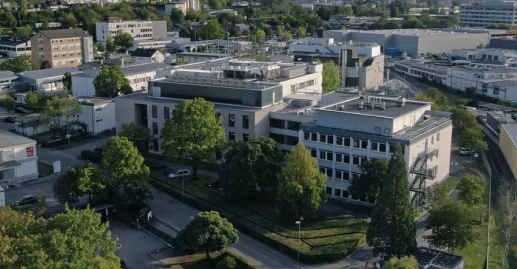The Max Planck Society
Founded in 1948 and headquartered in Munich, the Max Planck Society supports 84 research institutes across various scientific fields, with a focus on fundamental research. It employs around 25,000 staff and is known for advancing research in areas such as biology, chemistry, physics, medicine, and social sciences. The institutes operate independently under specialized departments and research groups, contributing to a global network of scientific innovation.
The Max Planck Society is organized into three main sections: Biological-Medical, Chemistry, Physics & Technology, and Humanities. Each section encompasses multiple institutes specializing in different research domains. International collaborations are also prominent, with facilities not only in Germany but also in countries like the U.S., the U.K., and Italy. The Society is particularly noted for its contribution to groundbreaking scientific discoveries, with its researchers receiving numerous prestigious awards, including Nobel Prizes.

Weizmann Institute of Science
The Weizmann Institute of Science, located in Rehovot, Israel, is a leading research institution with a global reputation for pioneering discoveries in multiple scientific disciplines. Named after Dr. Chaim Weizmann, Israel’s first president and a prominent chemist, the Institute was founded in 1934 and has since become one of the world’s foremost centers for scientific research and higher education.
The Weizmann Institute focuses on seven primary research areas: life sciences, earth science, chemistry, physics, mathematics, computer science, and science education. Its scientists have made transformative discoveries, including breakthroughs in cancer treatment, regenerative medicine, and alternative energy solutions. For instance, Weizmann researchers contributed to the discovery of the Higgs boson at CERN, advanced immunotherapies for cancer, and are developing long-lasting vaccines against influenza.



